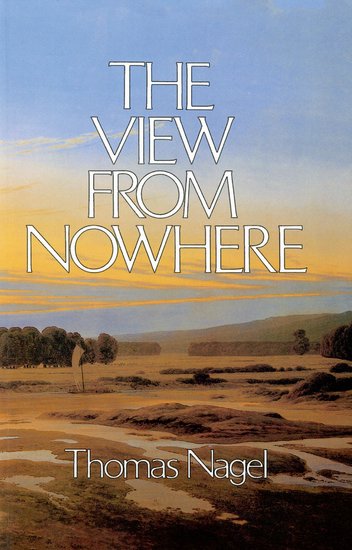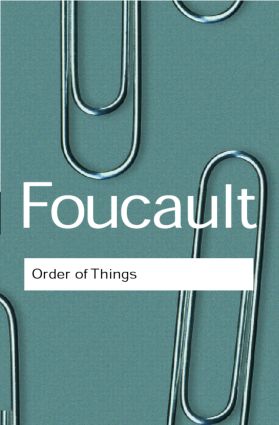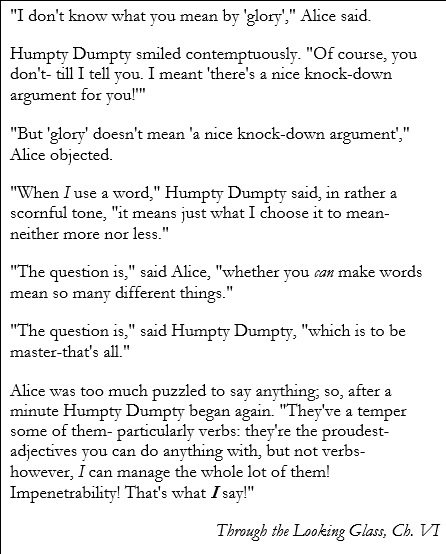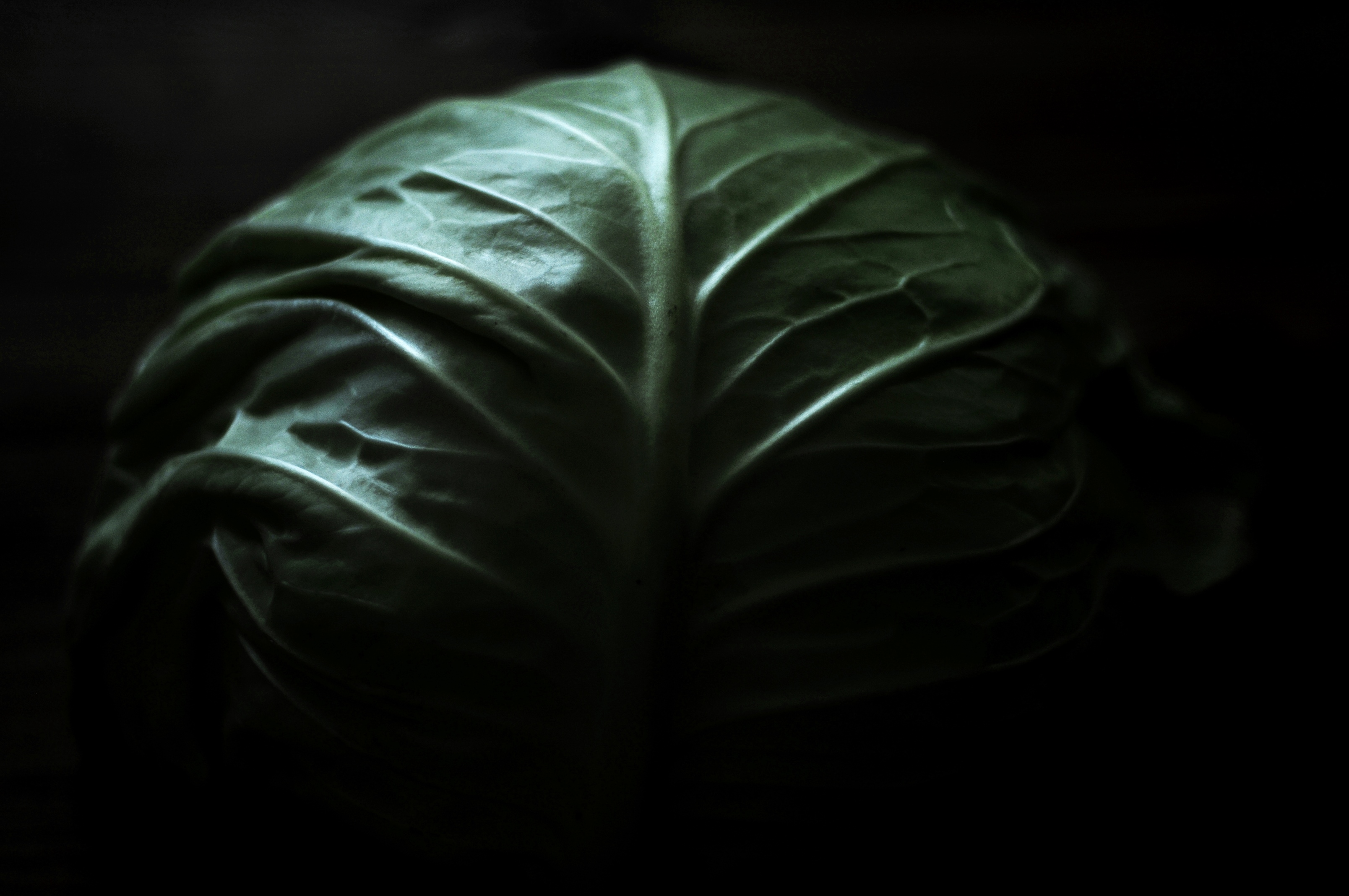Where Is Down?: Turning the World Upside Down and Seeing Value in Order
In a recent post, @kafkanarchy84 asked in a brilliant post: Have you ever thought about the world "upside down"?. In this post he explains his findings in seeing a world map upside down. Australia is not down under, but at the top and in the middle. How this would have changed our view of the world would be interesting to investigate. In a video, by Michael Stevens (Vsauve video link below), he asks the question "Which Way Is Down?". Both these posts are interesting for one single reason: we are so embedded in our ways of thinking that the world seems "funny" without them, but when you think about it, the world is without them. Take for example "down", as in the video and the post mentioned above. What is down objectively? There is no such thing. It is dependent on some perspective, for example, dependent on my own perspective. There is down without me. Down for me is my feet. We cannot see down objectively. I am thinking about two very interesting books: Thomas Nagel's The View From Nowhere and Michel Foucault's The Order of Things.


I must admit, the little that I read of The Order of Things was about two or three years ago. The main argument of the bit that I have read was that the way we divide up the world is solely arbitrary. North and south, up and down is purely because someone said so a long time ago and we just accepted it like it is. We are, as Heidegger said, thrown into the world without a say in it. We must learn how the world works, accept it and teach it to others. But philosophy helps you understand why things are. And that is what I think Foucault did in his book: he asked why are things as they are? Why is down, well, down? This leads to the second problem, if down is nowhere to be found and is purely something subjective in the mind, dependent on a perspective, what and where is down in the world? Can the world, firstly, be viewed without "downness", and secondly, is it practical to view the world without "downness"? This is where Nagel's The View From Nowhere is important. I am still busy digesting and "fermenting" what he said in the book, I am still reading and rereading the book, the arguments are dense and it takes some thinking to understand. But the argument I got so far from it is that some things in the world cannot not be subjective and thus depends on your perspective. Take down again as example. There is no "downness" in the world itself, or in other words, it does not exist objectively in the world "viewed from nowhere". Downness is just that: a subjective experience from a perspective. Without that subjective perspective, down cannot exist.
We can then ask the question: if "downness" is dependent on a perspective, and it is socially constructed, can it be changed? Can we discard "downness" at all? From my perspective, it is more a pragmatic question. (Pragmatism is simply the practical use of something in practice or the usefulness of something or the belief in something.) In my mind, it is quite useful to have "downness", to be able to say "my feet are down below".
A further question asked by @kafkanarchy84 is what is to view the world like anew, or in other words, how would the world be viewed if we could in a sense "delete" all our previous beliefs about the world and view it with "fresh" eyes. My first reaction was that we would be scared out of our senses. We would be hit by so many sensory inputs from all directions that we would crawl down into a corner and shiver ourselves dead from fear. But someone quickly commented that no that won't help: fear and stress from the massive amount of input is one of the previously held beliefs that I have. And this made me think: how would we perceive the world with no previously held beliefs? For a start, we would not hold the belief of "downness". Down would not be below, below would not be a belief that I can hold. I would also not be scared of this "new" world. I think the best we can describe this feeling of the "new" world would be perplexed. But in a sense, this is also a state with a previously held belief.
I don't think most people know exactly how deeply entrenched basic beliefs are. But that is all they are: beliefs. Without me and you there, they don't exist. Without people or creatures with the ability to know up from down, there will be no up or down. On Mars, the rocks don't care if they are up or down. But let us not go into this debate, let us rather then ask the question: what is the value of "downness" for us? Is there any value?

Lewis Carroll's words (above) is purely based on Plato's Cratylus Dialogue. We are the creators of language, but we cannot just go out and make words mean what we want them to mean. We are thus the masters and slaves of language. What does this have to do with the above discussion? The main argument I want to make is that we cannot live without our basic beliefs. We will be lost in the world of chaotic sensory experiences. We need order to survive. How is order achieved with the world that is chaotic? Through basic beliefs, like "downness" and our faith in the meaning of for example words. I see the point in "perceiving the world as through the eyes of a baby", that is good. But basic beliefs, even if they are sometimes questionable, are important to our survival. Order is achieved because in disorder or chaos we are on our own. Basic beliefs then are there to ensure a shared world where we can communicate with others in a coherent way. (I may be missing the argument made by @kafkanarchy84, or I may be creating a type of straw man, but I only used his post because it made me think about this topic. I am thus not arguing against him or anything. This is just my thoughts.)
In my first-year philosophy course that I did in 2014, the lecturer asked us what an apple is. Some of us listed the properties of an apple: it is a red fruit. The lecturer asked what red is, it is a sensory experience. Redness is not something objective in a sense. We can all have different beliefs about the colour red. We may all be seeing a different red at this moment. I think Locke said something in the line that we have secondary experiences about things, like colour and taste, but there are also primary experiences: this is I think called substance. Primary experiences can be divided infinite times, the apple stays an apple. Take away the secondary experiences like taste etc. the apple stays and apple. All this means is that sensory experiences don't make the apple the apple, it is the substance, or something in that line. I think this is only a fun experiment philosophy lecturers do to first-year philosophy students to make them doubt the existence of things. Once again, what does this have to with the above discussion? Am I so far moved away from the argument, that I argued myself in a corner? It feels like that.
So let me try and conclude by trying to consolidate the above into the argument. The world is fundamentally chaotic. (I don't think this is controversial to say. Close your eyes and try to disregard basic beliefs. Life would become very weird very fast.) We need order to make sense of things. How is this order achieved? By basic beliefs, by secondary subjective and perspective dependent experiences. If we disregard these beliefs life becomes unlivable. But, and this is a but with a capital B, we have basic beliefs that need to be questioned. This is where @kafkanarchy84's post is valuable. We are brought up in this world with basic beliefs like "downness", but also with stuff like "USA is good. Saddam is bad. Christianity is right. Buddhism is wrong.". I think it is important to make the distinction between basic beliefs and false beliefs. But before false beliefs can be distinguished from true ones, we need to have a tool to do that. This tool is in the form of Pyrrhonian scepticism, or Pyrrhonism. This is a topic for another post. Distinguishing between true and false beliefs are not easy. We can so easily discard something important. False beliefs are sometimes important. I conclude with the following: Stay Sceptical.
Sources
Images:
https://global.oup.com/academic/product/the-view-from-nowhere-9780195056440?cc=us&lang=en&
https://www.routledge.com/The-Order-of-Things-2nd-Edition/Foucault/p/book/9780415267366









Comments